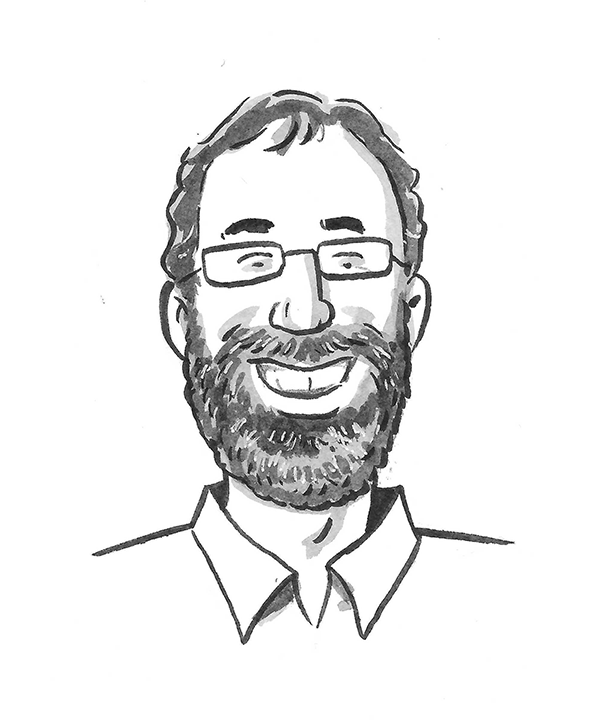How Gen Y and Gen Z are Changing the Future of Legal Research and Technology
During a recent interview with Erik Lindberg, Senior Director for Westlaw Product Management, not only did I get the scoop on the latest emerging technologies from Westlaw, but I also got to pick his brain about how younger generations are influencing advancements in legal technology and the future of the legal industry.
Take a look at his thoughts, and share your own ideas and experiences with us on social media.
How are Gen Y and Gen Z attorneys driving advancements in legal technology? They’re used to having the world in their pocket and being able to get information much more quickly. They consume and interact with information sources and technology in a completely different way than generations before. This is important to know because they will be seeking out employers who provide them with the tools and technology that make them most effective. They’re not going to want to go to the library to find information because that’s not the way they research. Younger generations entering the legal workforce are going to continue to be key influencers behind innovative tools and technologies made to do legal research more efficiently.
“YOUNGER GENERATIONS ARE GOING TO BE KEY INFLUENCERS BEHIND INNOVATIVE TOOLS AND TECHNOLOGIES MADE TO PRACTICE LAW MORE EFFICIENTLY.”
Read the full article to learn more about how generational differences are driving new advancements in legal technology.
ABOUT THE AUTHOR Eliot Wrenn, Reference Attorney Manager, Thomson Reuters Eliot Wrenn is graduate of the University of Wisconsin – Madison and the University of Minnesota School of Law. Before law school, he could usually be found in the wilderness guiding backpacking, canoeing, and kayaking trips and teaching environmental science. He still finds time to explore the local and regional wild with his family. Eliot has been a Reference Attorney with Thomson Reuters since 2007.
This content is advertising.



